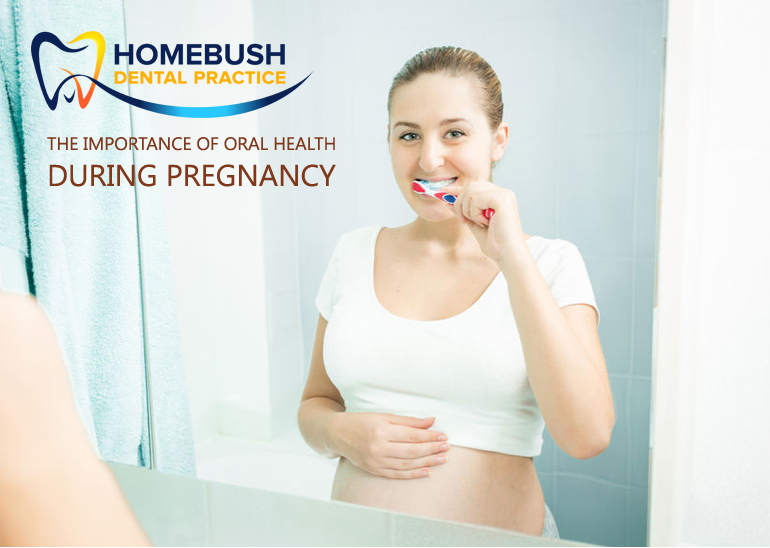
The Importance Of Oral Health During Pregnancy
Pregnancy is an important phase in a woman’s life. During this time, the body may experience lots of changes. Some of them can have a great impact on the oral health.
Despite the fact that good oral health is essential for the overall health of both mother and child, only a small percentage of women visit a dentist during pregnancy. Nowadays, the dental care during pregnancy is not only safe and effective, it is essential for combating various oral diseases and for treating the common dental issues during pregnancy.
You should continue to see your dentist during pregnancy for oral examinations and professional teeth cleaning. Tell your dentist that you are pregnant and about any changes you have noticed in your oral health. Also, let your dentist know about any medications or supplements you are taking.
It is best to schedule your dental visit during the fourth to sixth month of your pregnancy. This is because the first three months of pregnancy are thought to be of greatest importance in your child’s development.
During the last trimester, stresses associated with dental visits can increase the incidence of prenatal complications, sitting for long periods of time in the dental chair can become uncomfortable and some pregnant women are more prone to gagging.
X-Rays may be needed for your treatment. To minimize the exposure, the dentist will cover your abdomen with a protective apron and place a thyroid collar over your throat.
Reports show that the most common oral disease is gingivitis, which is a build-up of plaque that causes inflammation of the gums. This should be treated with a professional cleaning and proper tooth brushing and flossing. Untreated, the gingivitis can lead to periodontitis, a serious form of gum disease. Also, untreated dental disease can lead to pain, infections and unnecessary exposure to medications, any of which could harm the developing foetus.
Growing evidence suggests a link between gum disease and premature, underweight births. A baby may be born too early and too small. It seems that gum disease triggers increased levels of biological fluids that induce labour.
Poor oral health also can affect the nutritional intake of expectant mothers, which is essential for foetal growth and survival.
The hormonal fluctuations that result from pregnancy can produce benign pregnancy lumps in the mouth. These lumps usually appear after the first trimester and typically go away after delivery. However, surgical removal may be required when these lumps bleed, interfere with eating or do not resolve after delivery.
During examination, the dentist may find dental erosion, due to increased acid in the mouth following morning sickness. The pregnant women should rinse the mouth with water or a mixture of a teaspoon of baking soda dissolved in a cup of water. The teeth should be brushed only after the mouth has been rinsed and the acid has been neutralized to prevent further damage to the enamel.
Good daily care is very important for your oral health. To prevent caries and gum disease, brush your teeth twice a day with fluoride toothpaste to remove plaque. Also, clean between your teeth daily with floss or another interdental cleaner. When choosing oral care products, look for those that have met ADA criteria for safety and effectiveness.
Of course, quitting smoking, having a balanced diet and reducing the intake on sugary foods and drinks will help you maintaining a good oral health.
Oral health assessment and treatment should be an essential part of prenatal care, allowing the patient to receive professional advice regarding a proper oral hygiene and infant oral health care.

